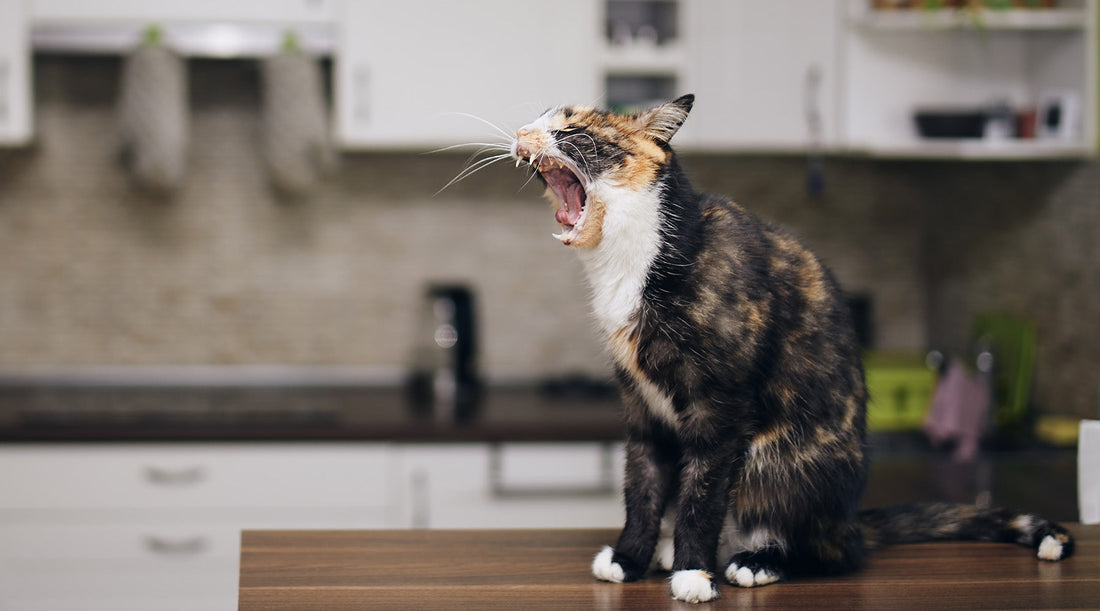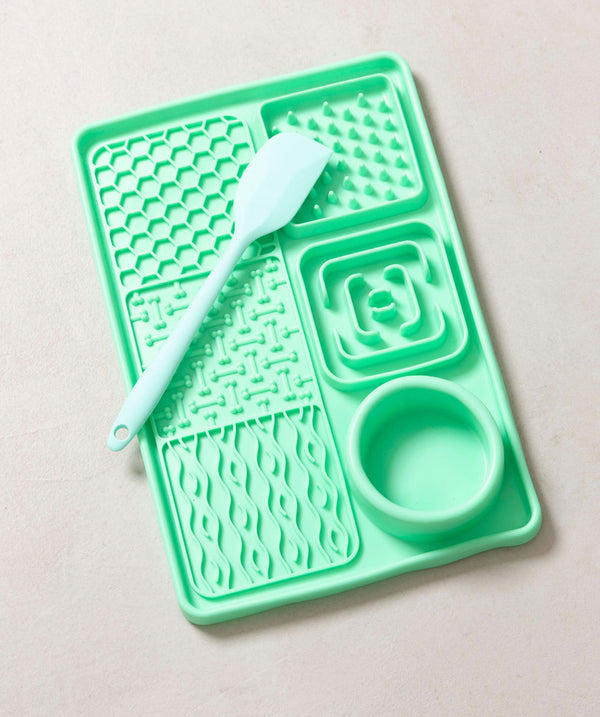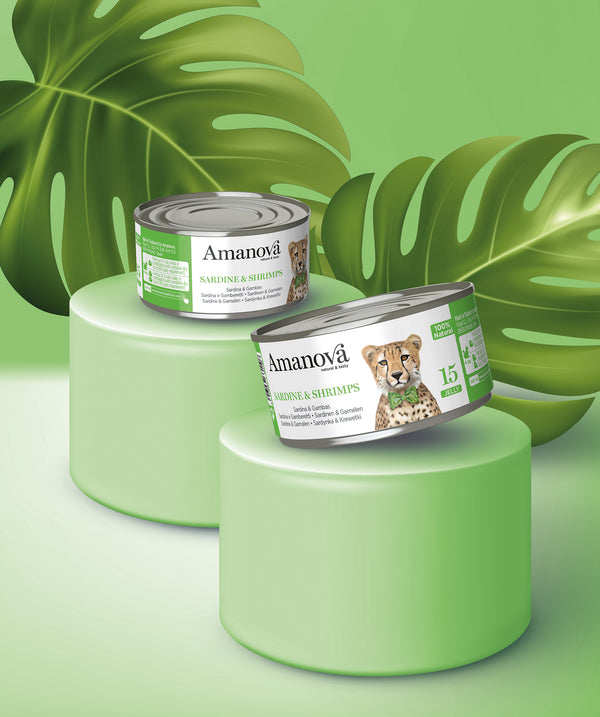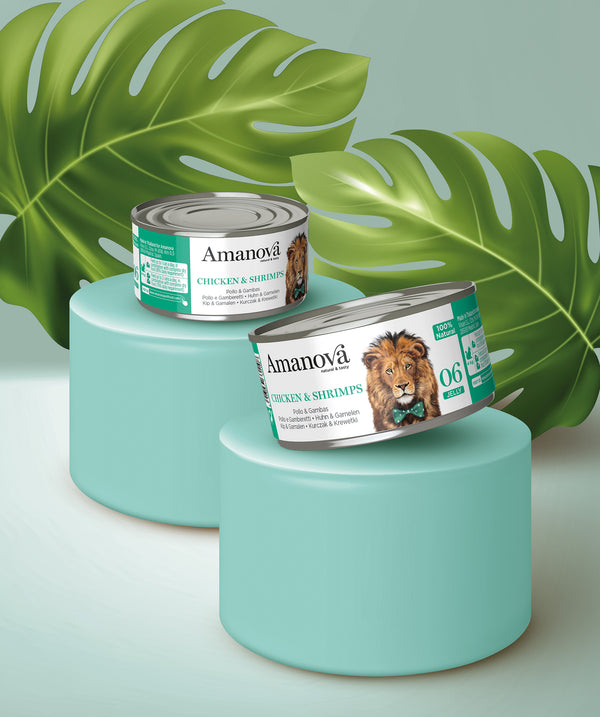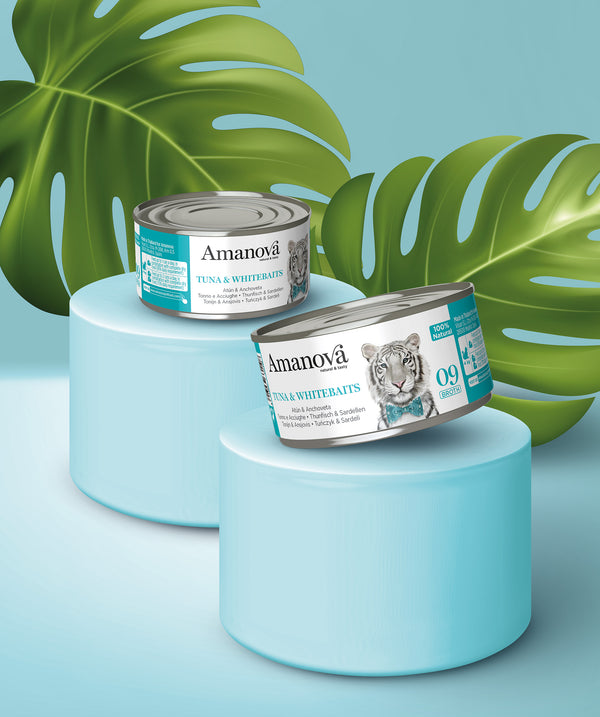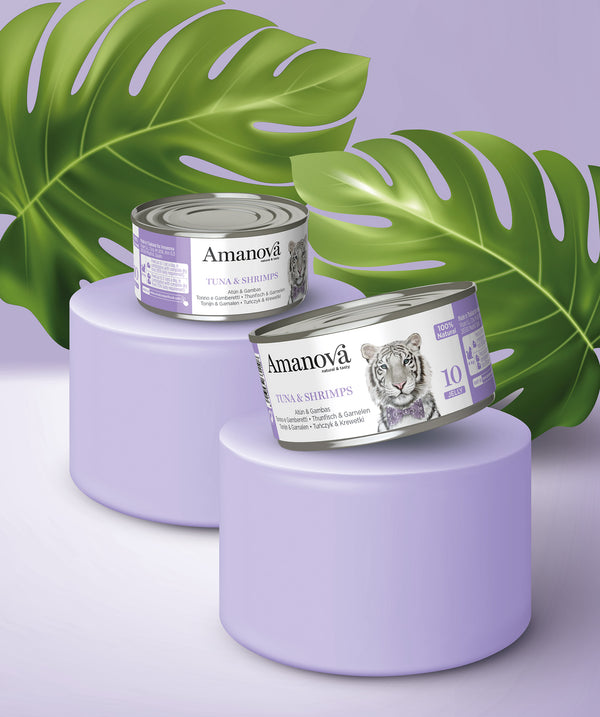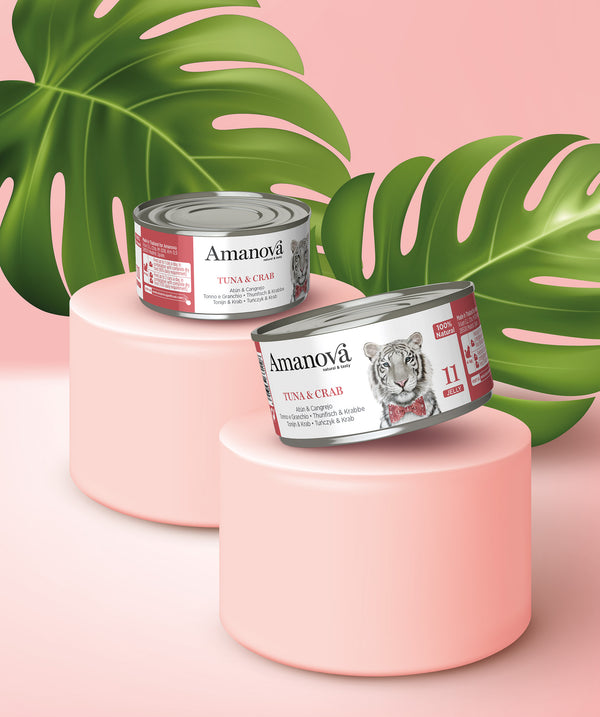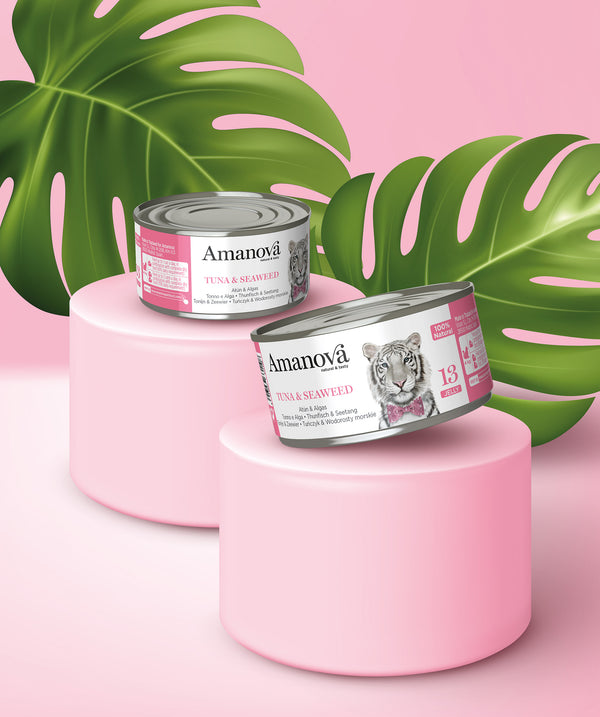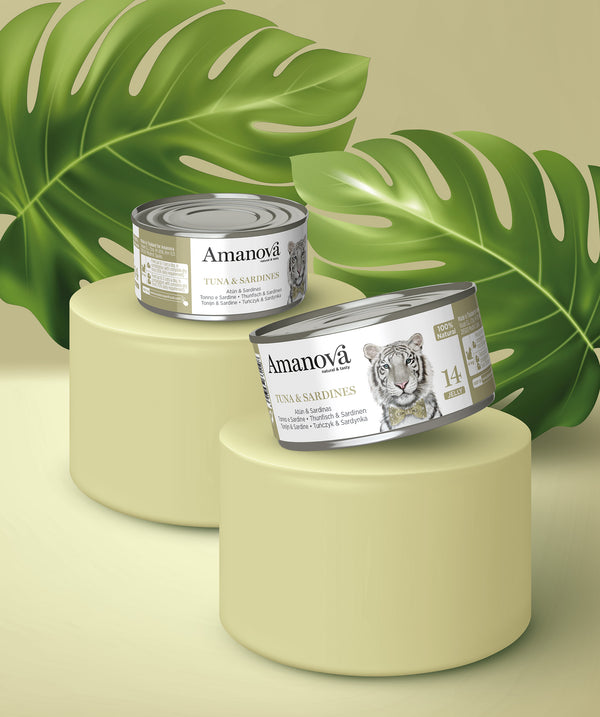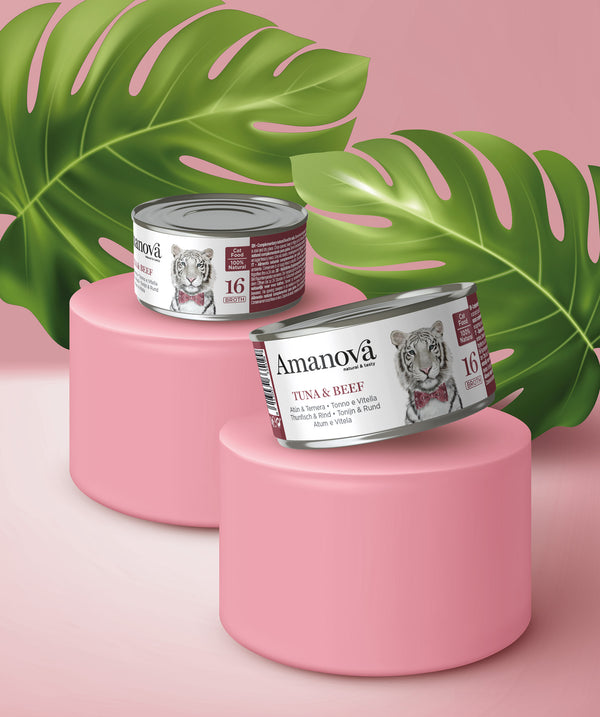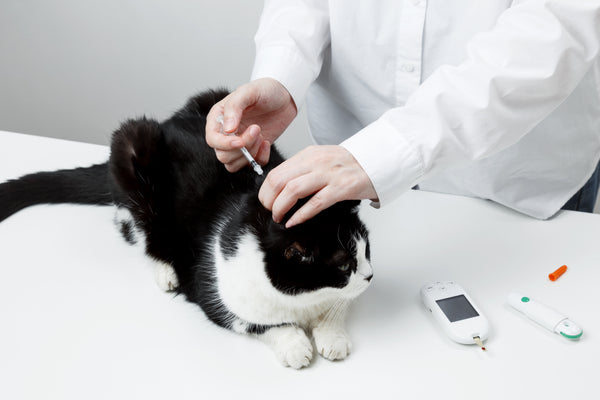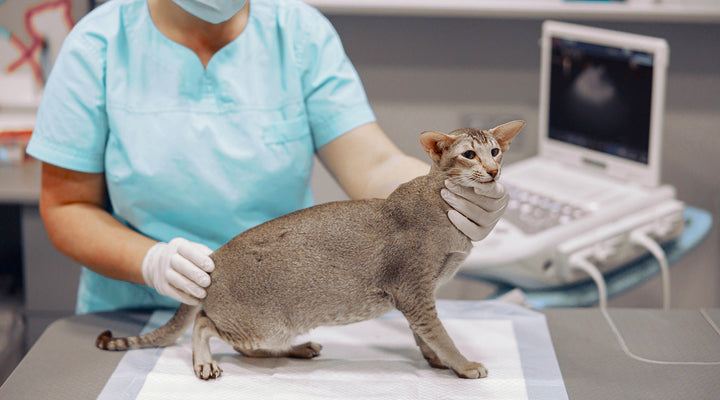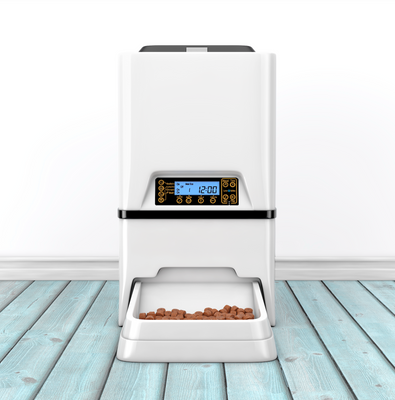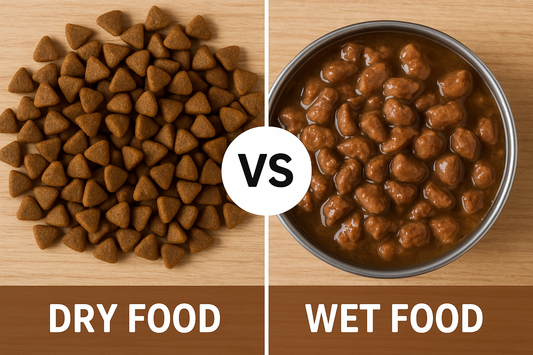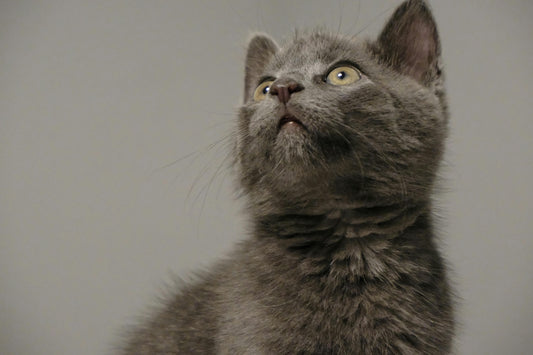Hoarseness in cats can be a sign that something is not quite right with your pet. From mild causes such as overuse of the voice to more serious reasons such as respiratory infections or stress, it’s important to observe your cat and take action if you notice it is hoarse, raspy, or even stops meowing altogether. Understanding the possible causes is key to helping your cat recover its voice and well-being. That’s why today at Only Fresh, we’ll tell you everything you need to know about hoarseness in cats.
Hoarseness in cats: Is it common?
Although it may seem unusual, hoarseness in cats is not that rare. Just like in humans, cats can temporarily lose their voice due to irritation of the vocal cords. This can happen if your cat has been meowing excessively, whether to get attention, mark territory, or in response to another cat.
On the other hand, dry cough in cats can also be related to upper respiratory issues. Inflammation or irritation in these areas may cause your cat to sound raspy or meow more softly than usual. In such cases, hoarseness can be a symptom of an underlying condition that needs attention.
In some cases, stress-induced hoarseness may be the main cause. Cats are sensitive animals, and situations like changes in their environment, the arrival of a new family member, or vet visits can create stress. This may lead to a temporary decrease or loss of meowing, since stress affects both their behavior and voice.
Reasons why a cat may go mute or stop meowing:
1. Respiratory infections
Respiratory infections, such as feline rhinotracheitis or the common cold in cats, are common causes of hoarseness in cats. These infections often cause inflammation in the airways and vocal cords, making it difficult for your cat to meow or causing it to sound raspy.
In addition to seeming mute, your cat may also show other symptoms such as sneezing, nasal discharge, or loss of appetite. If your cat shows these signs, it is important to take it to the vet for proper diagnosis and treatment. In many cases, quick intervention can prevent more serious complications.
2. Stress or anxiety
Stress in cats can manifest in many ways, including loss of voice. A cat experiencing changes in its environment, such as moving homes or the arrival of another pet, may stop meowing due to emotional tension.
This stress-induced hoarseness not only affects the voice but also the cat’s overall behavior. Your cat might become more withdrawn or hide. Helping it reduce stress with a calm environment and stable routines is essential for its well-being.
3. Overuse of the voice
Cats that are hoarse often are because they’ve been meowing too much. This may happen during heat, when seeking attention, or when communicating with other cats. The vocal cords become irritated, leading to temporary voice loss.
Rest is key in these cases. Providing your cat with a calm environment and ensuring it always has fresh water available can help relieve the situation. If symptoms persist, consult the vet.
4. Obstruction or foreign body
In some cases, a foreign body in the throat may be the reason your cat is hoarse or has stopped meowing. This may include small objects, food particles, or even hairballs irritating the airways.
In addition to hoarseness, you might notice that your cat coughs frequently or has trouble swallowing. If you suspect an obstruction, do not attempt to resolve it yourself; take your pet to the vet immediately to prevent complications.
What to do if your cat doesn’t meow?
1. Visit the vet
If you notice that your cat has stopped meowing or is hoarse for several days, the first thing to do is take it to the vet. A professional will be able to determine whether the cause is an infection, stress, or something more serious, such as a vocal cord disorder.
The vet may also recommend specific treatments, such as medication or dietary changes, that can help relieve your cat’s condition. Acting quickly is crucial to prevent more serious complications.
2. Keep it hydrated
Dehydration can make hoarseness in cats worse. Make sure your pet has constant access to fresh, clean water. If your cat doesn’t drink enough, try offering water from a fountain, as many cats prefer running water.
Additionally, including wet food in its diet can help keep it hydrated and ease irritation in the vocal cords. Good hydration is essential for your cat’s overall health.
3. Create a calm environment
If you suspect that stress-induced hoarseness is the cause, providing a calm and safe environment can be very helpful. Make sure your cat has a place where it can retreat and feel secure, away from noise or stressful activity.
You can also use synthetic pheromones for cats, which help reduce stress and improve emotional well-being. A calm environment will support recovery and help your cat feel more at ease.
4. Provide proper food
Some special foods can help relieve respiratory or digestive issues that contribute to hoarseness. Ask your vet about specific diets that include nutrients and supplements to strengthen the immune system and improve your cat’s overall health. These foods not only provide nutritional benefits but also help your cat recover more quickly from any condition affecting its voice.
Understanding the possible causes of hoarseness in cats and how to treat it is essential for ensuring your pet’s well-being. With proper care and veterinary support, your cat can regain its voice and vitality in no time.
At OnlyFresh, we care about your feline’s health and well-being. Discover our range of premium cat foods, designed to support your cat’s specific needs and improve its quality of life. Choose the best for your pet!
